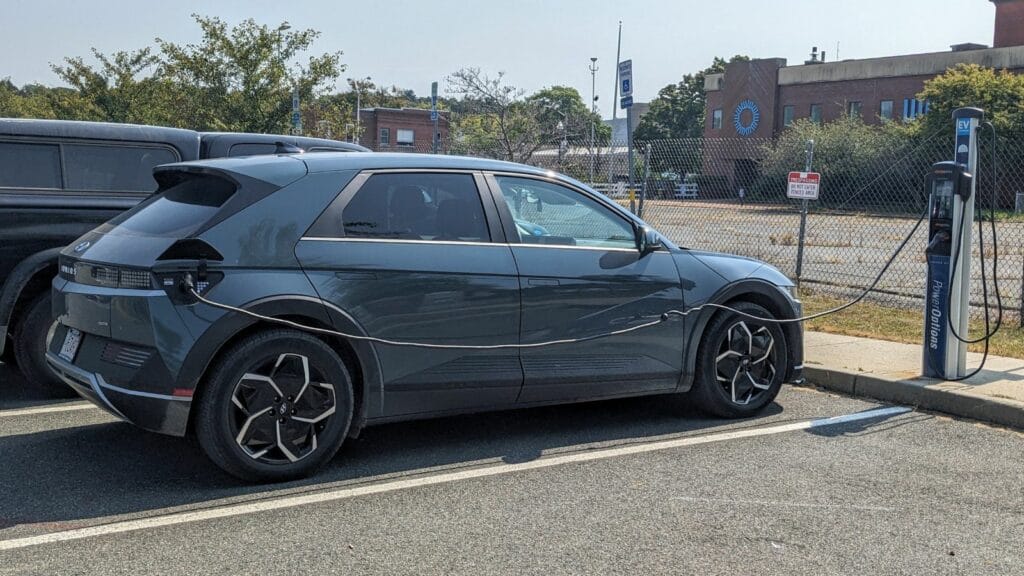For years, one of the biggest criticisms thrown at electric vehicles was battery life. EV haters argued that the expensive battery packs would degrade quickly, leaving owners with worthless cars and massive repair bills. The narrative was simple: a gas engine could run for decades, while an EV battery would give up long before. But new studies and real world data in 2025 are turning that argument on its head. It now looks like EV batteries may actually outlast many traditional combustion engines.
The Fear That Fueled Doubt
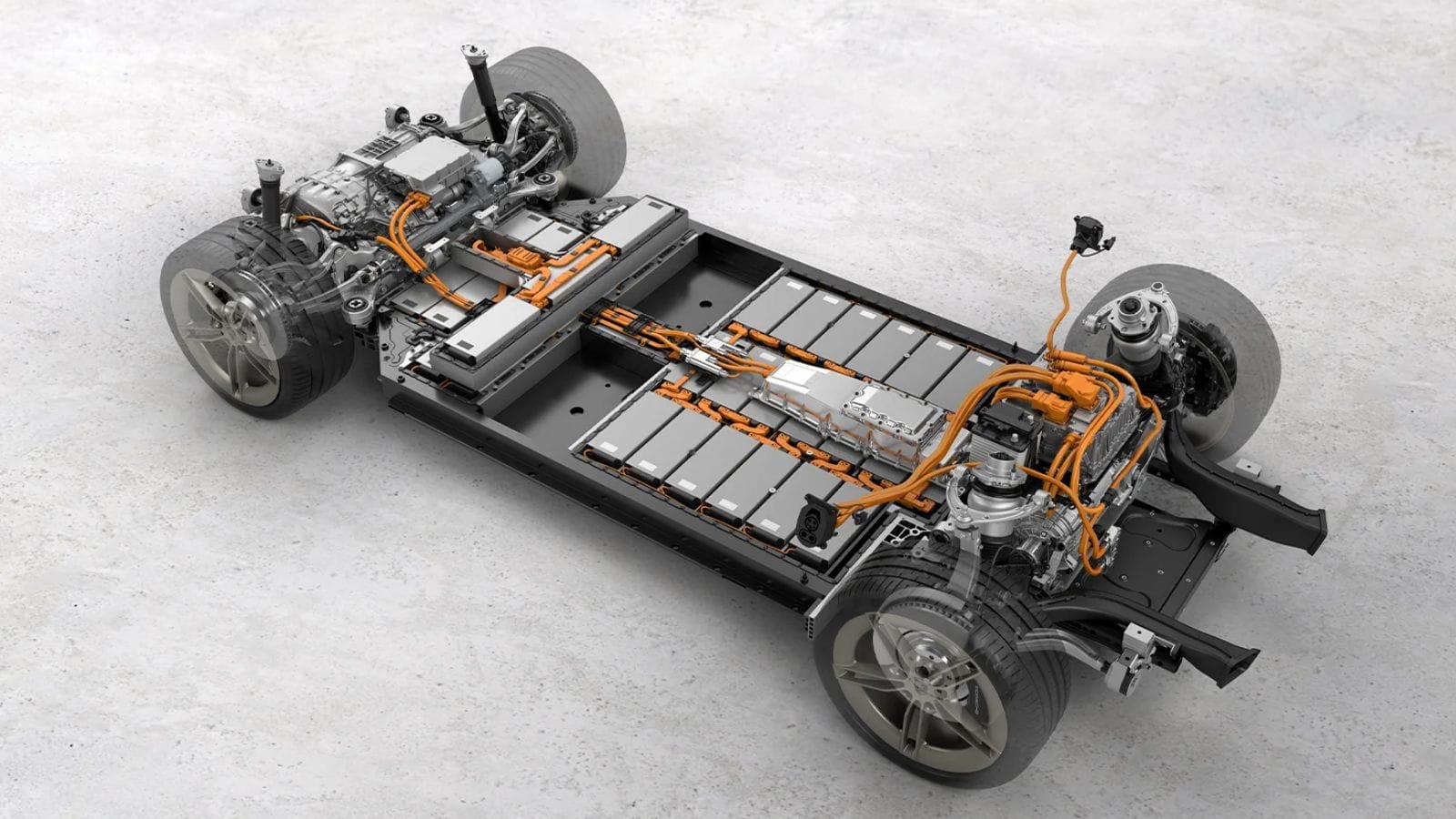
When the first wave of mainstream EVs hit the market, skepticism centered on their batteries. The idea of spending tens of thousands on a car that might need a replacement pack within five years scared off buyers. Horror stories about early Nissan Leafs losing range in hot climates seemed to confirm those fears. EV critics insisted that these cars were destined for early retirement while their gas powered counterparts lived on with high mileage.
The Reality Emerging in 2025
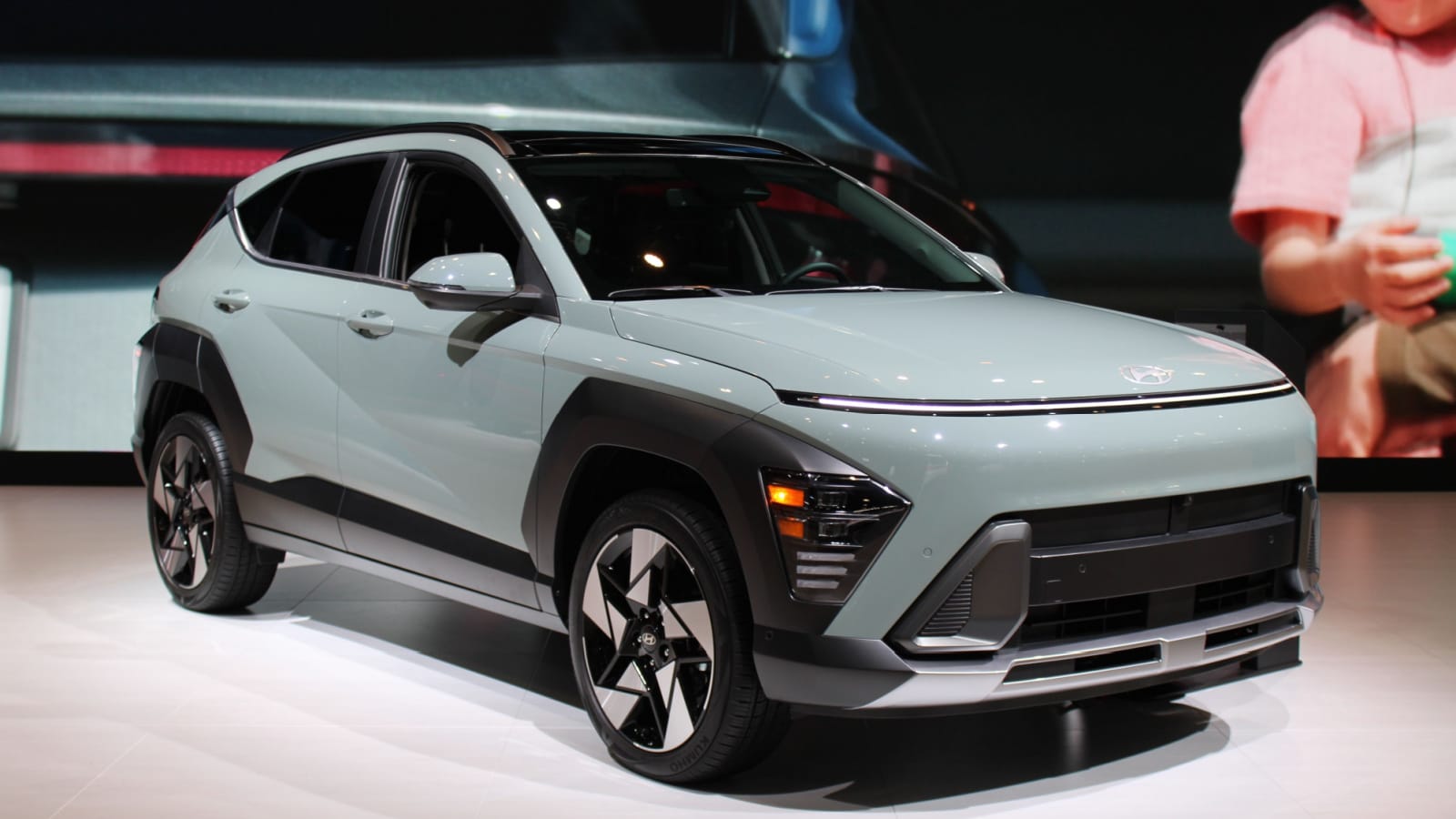
Fast forward to today and the numbers tell a different story. Battery chemistries have advanced, thermal management has improved, and warranties often cover eight years or more. Fleet data shows EVs regularly hitting 150,000 to 200,000 miles with minimal range loss, which rivals or exceeds what many gas engines manage before major rebuilds. Some Tesla models have logged over 300,000 miles still retaining more than 80 percent of their range. Even budget friendly EVs now show similar resilience.
Why EV Batteries Are Lasting Longer
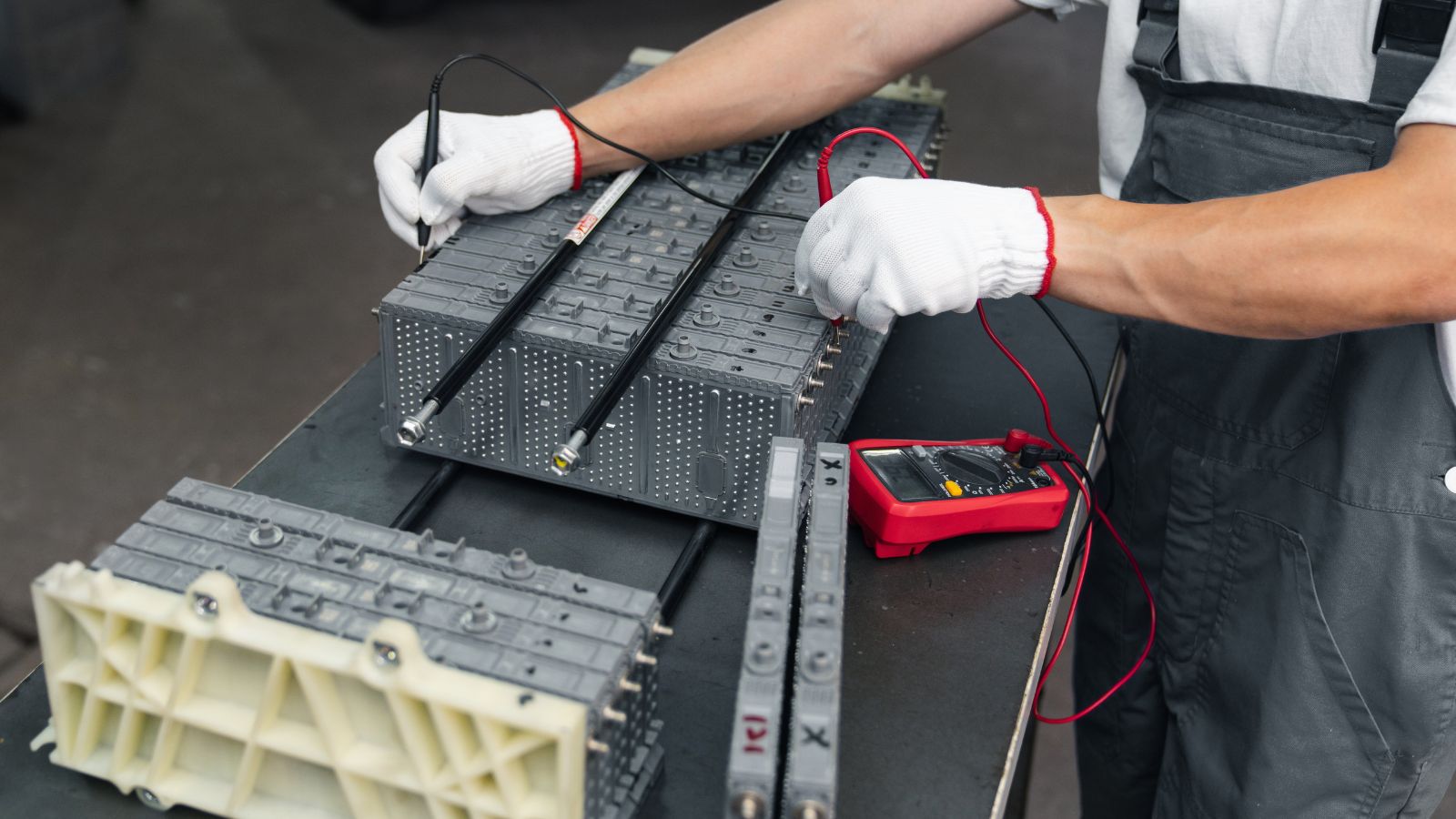
The key lies in technology. Modern packs use liquid cooling to regulate temperature, smart charging systems that prevent overcharging, and software that carefully manages cycles. Unlike a gas engine that endures wear on pistons, valves, and transmissions, a battery has fewer moving parts to fail. Over time, the consistent design of EV drivetrains seems to be aging more gracefully than the complexity of combustion.
Engines Are Not Forever Either

It is easy to forget that gas engines also have lifespans. Oil breakdown, gasket leaks, transmission wear, and emissions equipment failures all take their toll. Rebuilding or replacing a traditional powertrain can be just as costly as swapping an EV battery. In fact, with rising parts and labor costs, some gas cars face scrapping at lower mileages than expected. In comparison, a well maintained EV can simply keep going with fewer critical failure points.
Second Life Applications Add Value
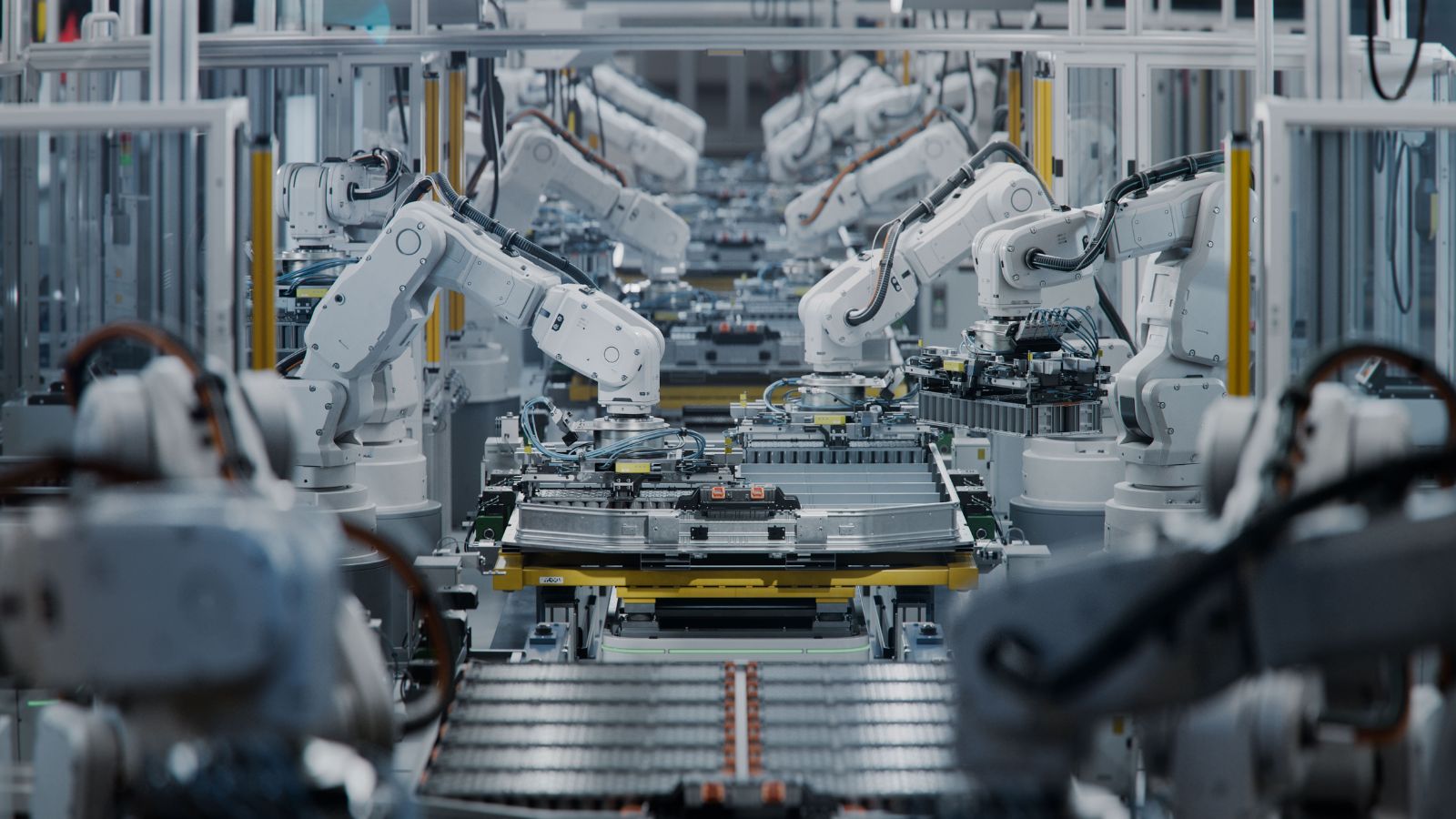
Even when EV batteries do eventually degrade, they rarely just die. Packs removed from cars often find second life in home energy storage or grid applications. A used battery may no longer power a car with full range, but it can store solar energy or stabilize local power systems for many more years. This makes the lifecycle of an EV battery far more useful than the scrap heap fate of most old engines.
Why This Matters For Buyers
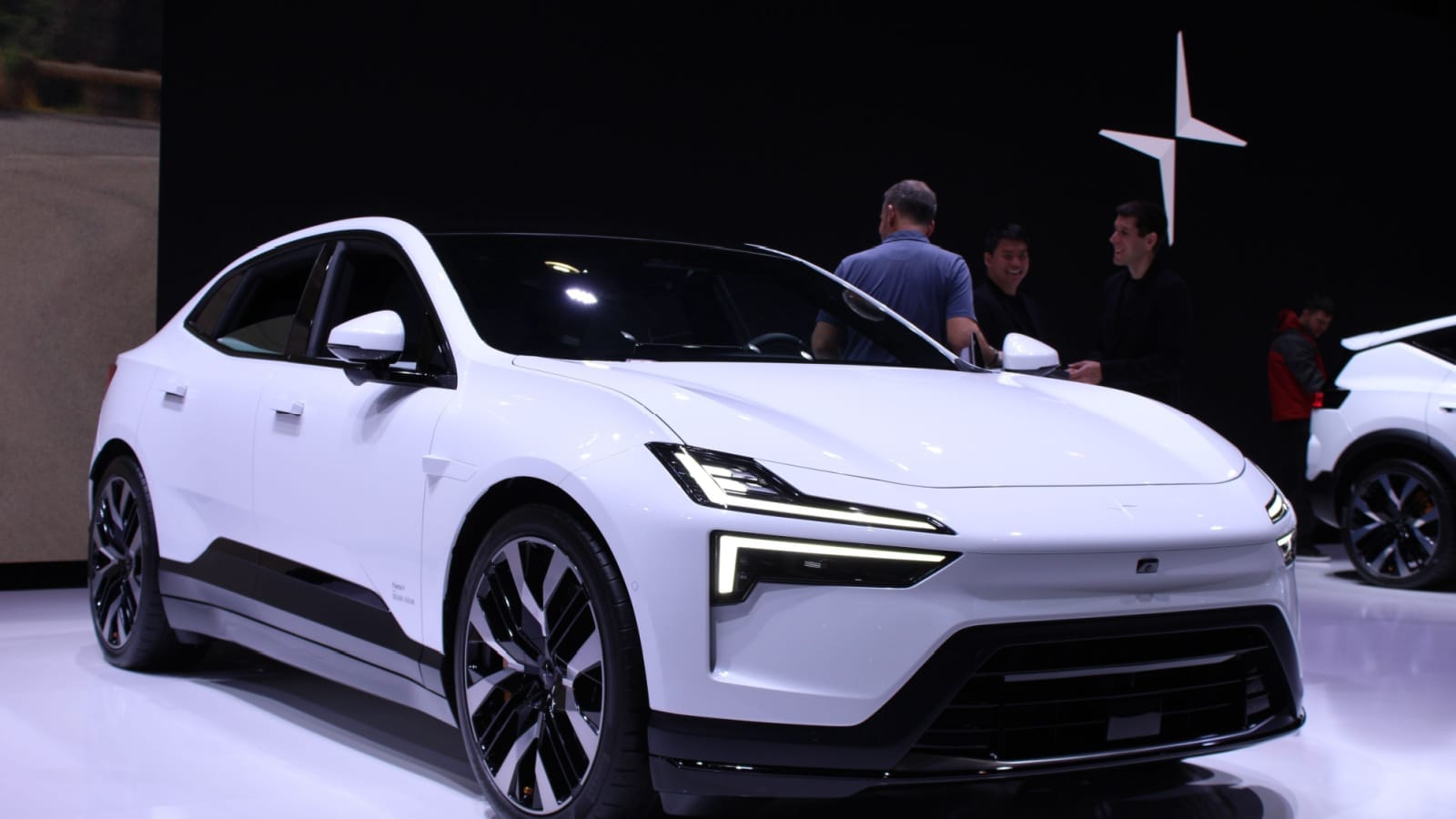
The perception that batteries were fragile held back EV adoption for years. Now that evidence shows they often outlive the engines they were compared against, the value equation shifts. Buyers no longer need to fear that their EV investment will fade before the loan is paid off. Instead, they can expect similar or greater longevity than their old gas car, often with lower maintenance along the way.
What This Means For The Market
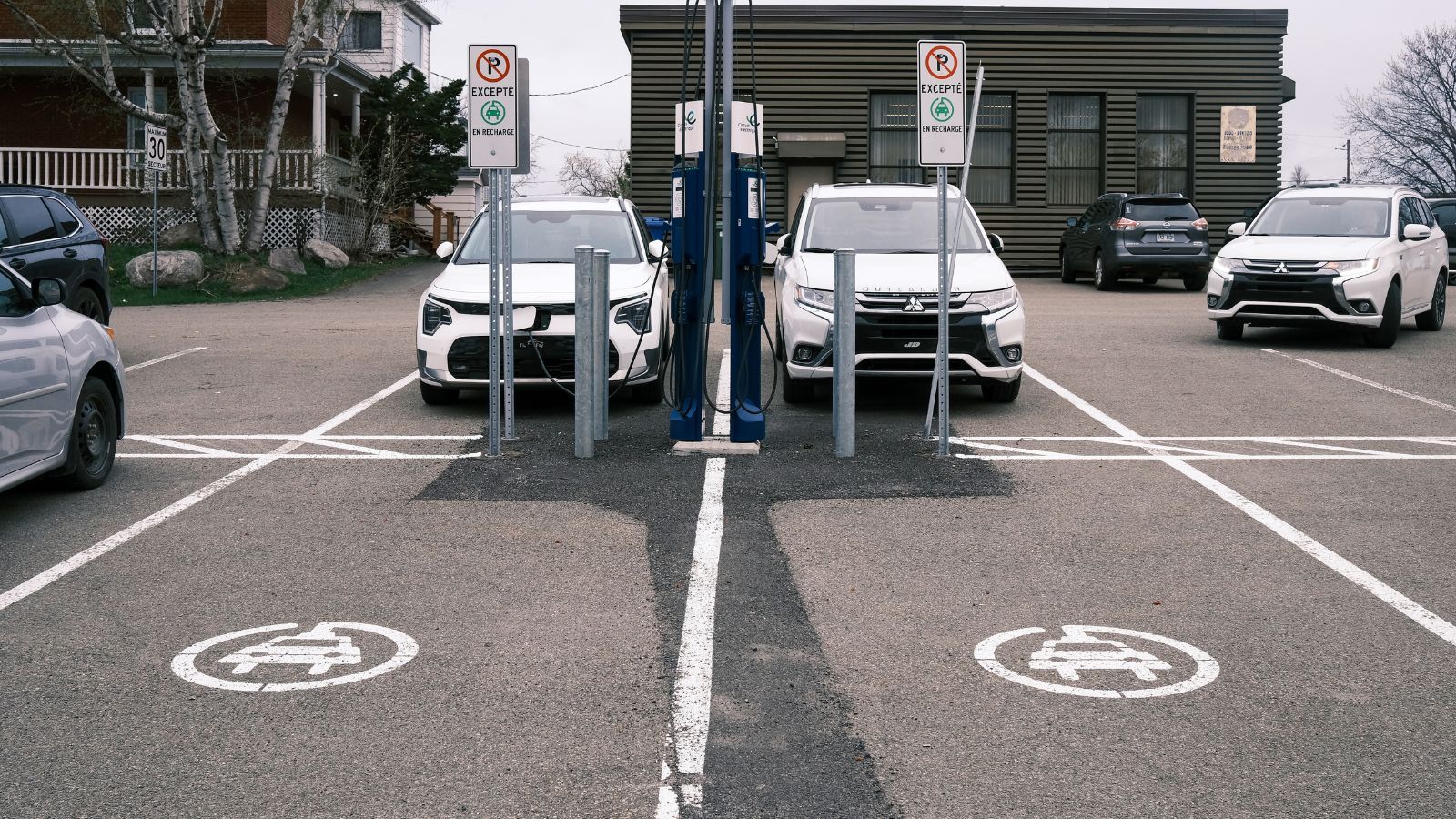
As this knowledge spreads, resale values for EVs should stabilize and even climb. Fleets and commercial buyers who put huge miles on vehicles are already proving the endurance of EV drivetrains. Automakers are also leaning into this strength, promoting lifetime durability and long term efficiency. The myth that EVs are disposable machines is crumbling, replaced by a reputation for durability that challenges every critic’s favorite talking point.
The Lifecycle
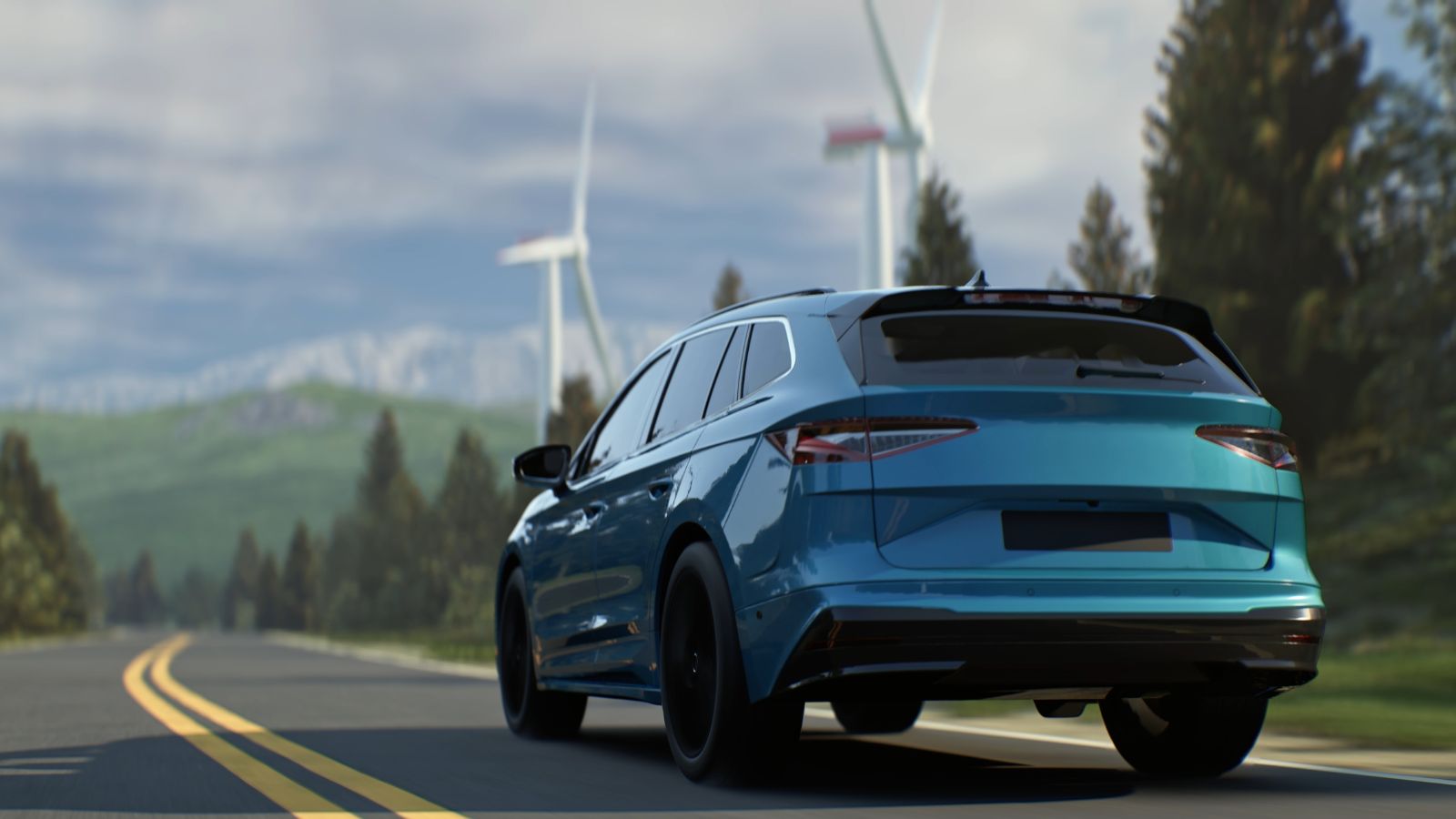
Every doubter once said EV batteries would never last. Yet here in 2025, data shows many batteries can run longer than engines, and in some cases outlive the cars themselves. The tide has turned, and what was once the biggest fear is becoming one of the strongest arguments for going electric. Far from being fragile, EV batteries are proving to be the long game winners.
25 Facts About Car Loans That Most Drivers Don’t Realize

Car loans are one of the most common ways people fund car purchases. Like any other kind of loan, car loans can have certain features that can be regarded as an advantage or a disadvantage to the borrower. Understanding all essential facts about car loans and how they work to ensure that you get the best deal for your financial situation is essential. Here are 25 shocking facts about car loans that most drivers don’t realize:
25 Facts About Car Loans That Most Drivers Don’t Realize
